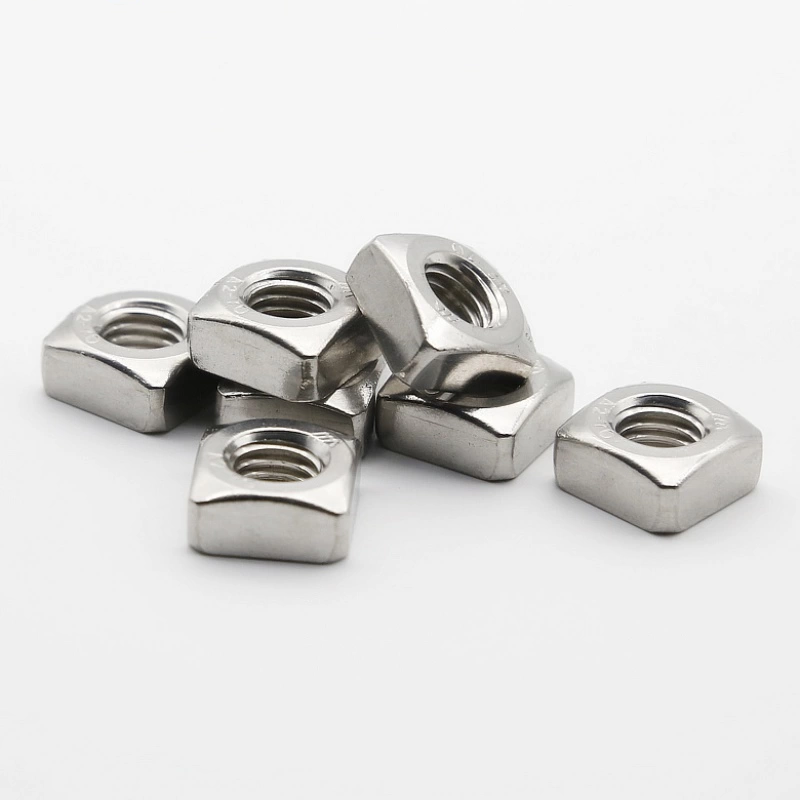

M20 Flat Washer for Enhanced Stability and Durability in Fastening Applications
Aug . 06, 2024 07:40 Back to list
M20 Flat Washer for Enhanced Stability and Durability in Fastening Applications
Understanding M20 Flat Washers Features, Uses, and Importance
Flat washers are essential components in mechanical and construction applications. Among the various sizes and types available, the M20 flat washer is particularly noteworthy for its unique features and widespread usage. This article will delve into the specifications, functions, and importance of M20 flat washers in various industries.
What is an M20 Flat Washer?
An M20 flat washer is a circular piece of metal, often made from steel, stainless steel, or plastic, with a hole in the center that matches the diameter of M20 screws or bolts. The M indicates that it is a metric size, while 20 refers to the nominal diameter of the hole, which is 20 millimeters. Typically, M20 flat washers have a thickness varying from 2 mm to 3 mm, but this can change based on specific requirements. The design of the washer enables it to distribute the load of the fastener evenly across the surface it is affixed to, thus protecting both the surface and the fastener itself.
Features of M20 Flat Washers
1. Load Distribution One of the primary functions of an M20 flat washer is to distribute the load exerted by a bolt or screw over a larger area. This helps prevent damage to the material being fastened, especially in softer materials.
2. Prevention of Loosening Flat washers can also help in reducing the risk of mechanical loosening due to vibrations. When installed correctly, they provide friction, which helps maintain the tightness of the fastening.
3. Corrosion Resistance Many M20 flat washers are available in corrosion-resistant materials, such as stainless steel. This makes them ideal for applications in harsh environments where exposure to moisture, chemicals, or varying temperatures may occur.
4. Cost-Effective Flat washers, including M20 types, are relatively inexpensive compared to other fasteners and components. This makes them a popular choice in the manufacturing and construction industries where cost efficiency is vital.
m20 flat washer

Applications of M20 Flat Washers
M20 flat washers are used in a wide range of applications, thanks to their versatility and reliability. Some common uses include
- Construction In building projects, M20 washers are often used to secure structural elements, ensuring stability and safety. They are also used in concrete applications, where they help anchor bolts securely.
- Automotive Industry In vehicle manufacturing and repair, M20 flat washers can be found in various components, from engines to chassis, where they help support heavy loads and reduce wear on connected parts.
- Machinery and Equipment In industrial machines, these washers play a critical role in maintaining the integrity of connections, preventing loosening from vibrations and ensuring machinery operates smoothly.
- Home Projects For DIY enthusiasts, M20 washers are commonly utilized in gardening equipment, furniture assembly, and other household repairs, proving their usefulness beyond professional applications.
Conclusion
In summary, M20 flat washers may appear to be simple components, but they are fundamental to the integrity and functionality of numerous assemblies. Their ability to distribute loads, prevent damage to materials, and resist corrosion makes them an invaluable asset across various industries. As technology and materials continue to evolve, the role of flat washers, including the M20 size, will undoubtedly grow, ensuring their place in the foundation of construction and manufacturing for years to come. Understanding their significance will aid professionals and enthusiasts alike in making informed choices for their projects.
Latest news
-
High-Strength Hot-Dip Galvanized Bolts-Hebei Longze|Corrosion Resistance&High Strength
NewsJul.30,2025
-
Hot Dip Galvanized Bolts-Hebei Longze|Corrosion Resistance&High Strength
NewsJul.30,2025
-
Hot Dip Galvanized Bolts - Hebei Longze | Corrosion Resistance, High Strength
NewsJul.30,2025
-
High-Strength Hot Dip Galvanized Bolts-Hebei Longze|Corrosion Resistance, Grade 8.8
NewsJul.30,2025
-
Hot Dip Galvanized Bolts-Hebei Longze|Corrosion Resistance,High Strength
NewsJul.29,2025
-
High-Strength Hot Dip Galvanized Bolts - Hebei Longze Metal Products Manufacturing Co., Ltd.|corrosion resistance&high strength
NewsJul.29,2025

